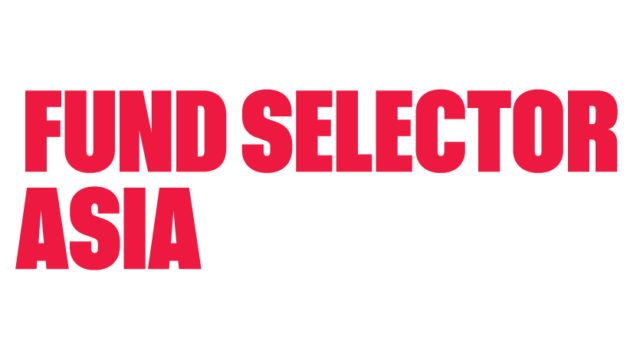The sandbox “will enable banks to gather real-life data and user feedback on their fintech products or services more easily and in a controlled environment,” said Hong Kong Monetary Authority chief executive Norman Chan, announcing the initiative yesterday.
Blockchain, robotics, augmented reality as well as biometrics authentication technology are being explored by banks to improve services or streamline their operations, he noted.
Banks need to apply to the HKMA on a case-by-case basis, submitting clear definitions such as scope and phases, customer protection measures, risk management controls, as well as readiness and monitoring.
The approach is different from the sandboxes proposed by Singapore or Australia. These countries intend to give regulatory guidelines for banks and other fintech startups to use the sandbox.
Karen Man, a partner in Baker & McKenzie’s corporate practice group in Hong Kong, believes HKMA’s decision to focus on banks, at least in the initial stage, has advantages.
“The legal certainty of eligibility, and the avoidance of time-consuming self-assessments to determine whether licensing requirements or exemptions will apply, simplifies things considerably,” she said.
“One of the greatest potential challenges facing start-ups in other jurisdictions trialling regulatory sandboxes is the need to scale up rapidly upon exiting.”
Banks, on the other hand, already satisfy the usual licensing and capital maintenance requirements, “and should therefore be qualified to formally deploy successful fintech operations shortly after the testing period”.
Meanwhile, a fintech innovation hub, jointly set up by the HKMA and the Applied Science and Technology Research Institute, is also expected to open within next two months. With 200 virtual workstations available for free, all industry players, including fintech start-ups, are welcome to conduct trials or demonstrations.
HKMA itself “could explore with innovators options and possibilities of using new technologies such as big data analytics and other initiatives,” Chan added.
Blockchain uptake?
In regards to the general development of fintech in Hong Kong, Nelson Chow, HKMA’s chief fintech officer who was appointed last week, expects small scale blockchain projects to be implemented first.
Blockchain, derived from bitcoin, is a digital transaction ledger hosted across a network of computers. The technology is such that the ledger is verified by members of the network, making errors practically impossible.
It is seen as a huge disruptor of the financial industry because it eliminates third-party verification services, which are a multi-trillion-dollar industry.
Speaking in a panel discussion at the Treasury Market Summit on Tuesday, Chow said banks are eager to cut costs and improve operational efficiency under the prolonged low interest rate environment.
Danny Wong, Bank of China’s head of strategic development and planning in Hong Kong, said on the same panel that the bank hopes to apply blockchain to mortgage transactions.

















